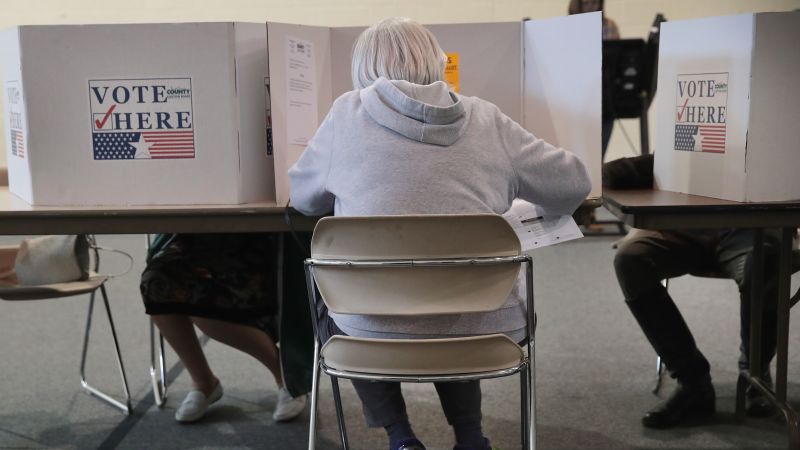Sarin
Deity
- Joined
- Aug 18, 2013
- Messages
- 2,553
I'm not sure what 3 or more parties in the US can do that 2 cannot. The dividing lines between Democrats and Republicans seem clear enough to anyone on any one issue we can mention. In fact it could be argued that their advantage is that their distinctions are so clear.
So I just don't know what you mean that multi-party systems have a better record. Record of what, exactly?
For one, not tearing the society apart by runaway polarization and actually arriving at compromises and representing, at least in some way, wishes of the people.
Look what's really happening in US. Two choices, one throws people scraps at best and second panders the religious part of population, and both collect big corporate money for running the country their way while pointing at the other party shouting how evil it is. It's a Hobson's choice, really, and people vote out of fear of the other party more than because they support one or the other. That's not democracy.


